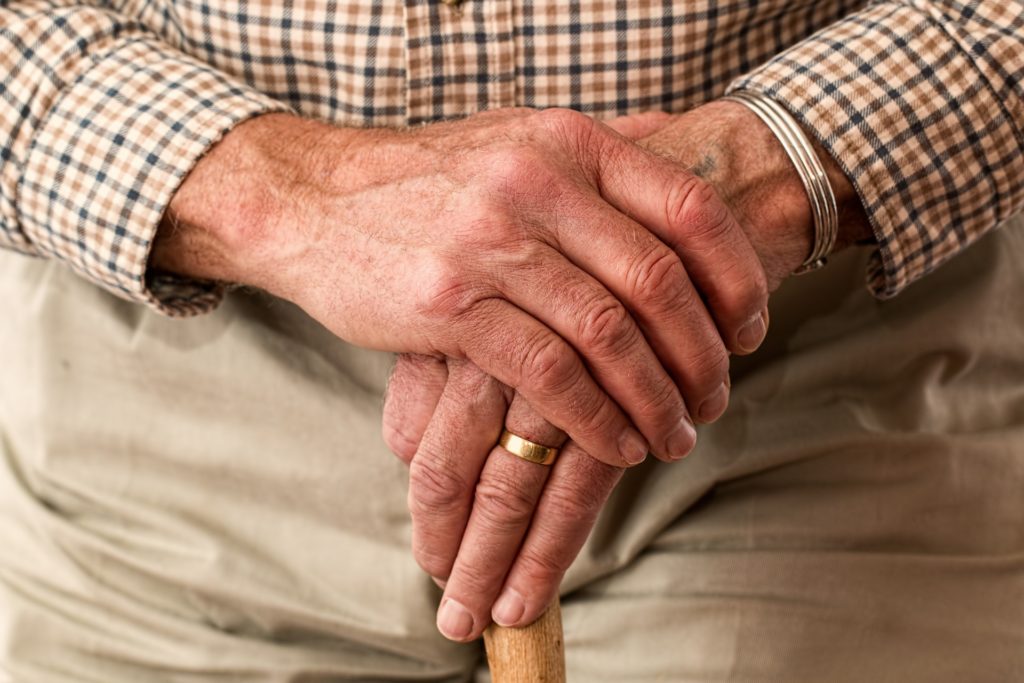
Life is unpredictable, especially at a person’s later years. Medical emergencies may occur and, when something like this happens, an elderly person may not be able to make decisions for themselves. This is why they need to grant power of attorney to a trusted individual who can make certain decisions in their behalf. Here is everything you need to know about power of attorney:
What is power of attorney?
A senior citizen can give power of attorney (POA) to a trusted individual. The senior citizen is called a principal and the individual is called an agent. The agent doesn’t have to be a lawyer, but power of attorney gives them the authority to make certain financial and medical decisions for the principal if the principal is incapable of making those decisions for themselves.
What are financial and medical powers of attorney?
The principal can choose to have two separate powers of attorney documents for their financial and medical management. This simplifies the process for the agents handling these POAs. For instance, the principal can choose a family member to act as power of attorney if there are any medical decisions need to be made. On the other hand, they can choose a representative from the bank or their lawyer for their financial POA.
What are the different powers of attorney?
There are three different powers of attorney: general, limited and durable.
-
General Power of Attorney: Say, an elderly, the principal, gave a general power of attorney of her financial transactions to her daughter. Her daughter, the agent, is now able to make a variety of decisions regarding the elderly’s financial affairs. These powers will be detailed in the document that both principal and agent will sign. The principal can also give general power of attorney of her medical decisions to another child or trusted individual.
-
Limited Power of Attorney: A limited power of attorney limits an agent to one specific act. For example, a bank representative may be chosen by the principal as their agent when it comes to a particular investment that they have with the bank.
-
Durable Power of Attorney: General and limited powers of attorney usually end when the principal becomes incapacitated. However, when the document states that the power of attorney doesn’t end when this happens, then it becomes a durable power of attorney. The agent can now make financial and/or medical decisions in behalf of the principal.
When is power of attorney revoked?
Power of attorney is revoked when the principal dies. The agent does not automatically become the executor of the principal’s will, unless it is stated in the will of the elderly person.
How does an elderly person grant power of attorney?
A legal document needs to be drafted by an elderly law attorney, such as those from Slater and Gordon Lawyers. This legal document will be signed by both the principal and the agent.
If you’re an elderly individual who needs help with your power of attorney and will, make sure to contact Slater and Gordon Lawyers.